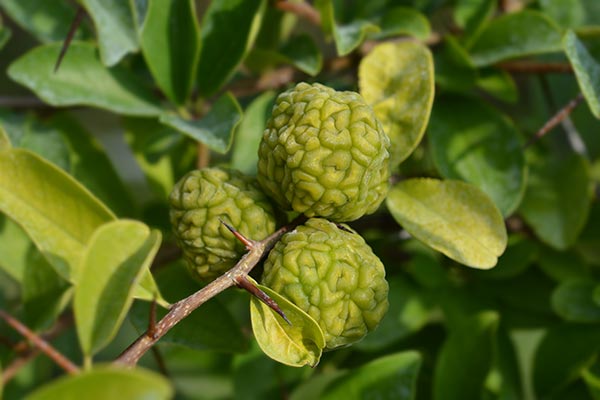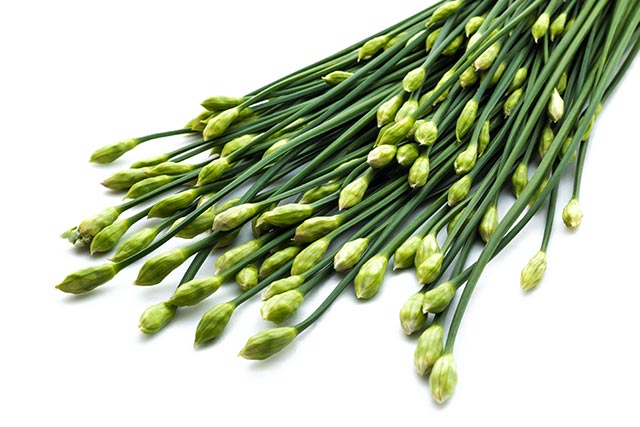The State of Michigan declares cannabis legitimate medicine for treating arthritis, autism, chronic pain and more
07/13/2018 / By Isabelle Z.

Proponents of medical marijuana have faced uphill battles the world over, but one place that is embracing the potential of this curative plant is the state of Michigan. The Department of Licensing and Regulatory Affairs in the state has now added a slew of new medical conditions to its list of illnesses that qualify for medical marijuana prescriptions.
One of the most noteworthy additions to the list is autism. People with autism spectrum disorder can experience an assortment of neurodevelopment challenges, like social interaction difficulties and language delays, along with physiological problems like sleep disorders, seizures, and gastrointestinal issues. Medical marijuana has been shown to help autistic people‘s aggression, self-injury, sleep, speech and language, anxiety and cognition.
Nevertheless, its inclusion on Michigan’s list represents a change of heart for the agency, who rejected the notion of adding it to the list in 2015. In May, Michigan Chief Medical Executive Dr. Eden Wells voiced her support for it in light of growing evidence that it can make a big difference to patients.
Chronic pain also made the cut, which isn’t surprising given how effective it can be at alleviating pain. Cannabinoids have been shown in studies to have a “substantial analgesic effect,” which could explain why they’ve been used for relieving pain since at least the 1800s. One study involving human patients found a 30 percent reduction in pain among marijuana smokers.
Arthritis is also on the new list. One study found that patients who used derivatives of marijuana experienced better sleep and reduced arthritis pain, while a review of studies showed it can also help the inflammation that causes pain.
Other conditions that were added to the list include inflammatory bowel disease, colitis, Parkinson’s disease, obsessive compulsive disorder, rheumatoid arthritis, ulcerative colitis, Tourette’s Syndrome, and spinal cord injuries.
These conditions join those that have already gained approval in the state in the past, including glaucoma, cancer, HIV/AIDS. Crohn’s disease, ALS, and post-traumatic stress.
Who qualifies for medical marijuana in Michigan?
Those who qualify can apply for a registration card through the state’s Bureau of Medical Marijuana Regulation. Patients must have an official diagnosis of one of the qualifying diseases, and they also have to prove residency in the state. Those under 18 are also eligible but they need written consent from their parents or legal guardians, and their physician must identify the risks in their particular situation.
Patients must pay a state fee of $60 to get a medical marijuana card. The state currently has more than 289,000 medical marijuana card holders, and they’re considering a ballot proposal in November that would make marijuana legal for adult recreational purposes as well.
Although the additions to the list are a positive sign pointing to growing acceptance of healing plants, a further 11 conditions did not make the cut.
The conditions that were denied marijuana treatment include diabetes, depression, asthma, anxiety, schizophrenia, social anxiety disorder, non-severe pain, gastric ulcer, brain injury, organ transplant, and panic attacks.
The state made its decisions after physicians and other parties testified before the Medical Marijuana Review Panel and made recommendations on which conditions should and should not qualify.
Autism Society of America CEO and President Scott Badesch welcomed the decision. He said more testing is needed before adding: “But I have yet to hear from a parent who has said that it hasn’t been helpful for their children with autism to treat things like seizure reduction, anxiety and depression.”
Sources for this article include:
Tagged Under: arthritis, autism, CBD, chronic pain, health freedom, hemp, herbal medicine, Herbs, medical marijuana, Michigan, Michigan medical marijuana, natural medicine, natural remedies
RECENT NEWS & ARTICLES
Herbs.News is a fact-based public education website published by Herbs News Features, LLC.
All content copyright © 2018 by Herbs News Features, LLC.
Contact Us with Tips or Corrections
All trademarks, registered trademarks and servicemarks mentioned on this site are the property of their respective owners.




















